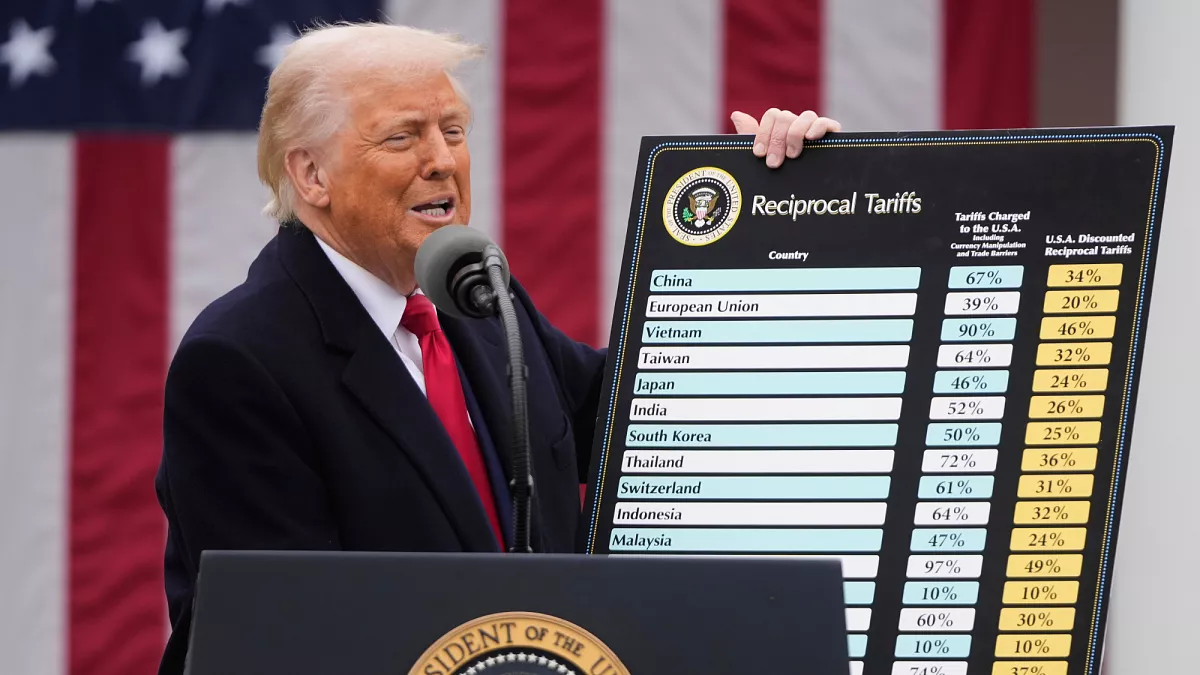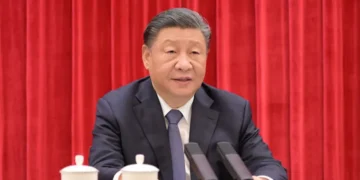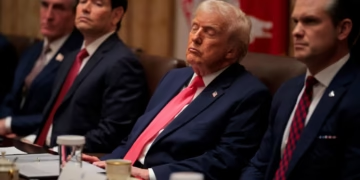US President Donald Trump has announced his much-discussed “reciprocal tariff.” This move is part of his election promises, which he has previously implemented and is further enforcing under his current administration.
Key Highlights of the Announcement
Trump has stated that starting from April 2, the United States will impose tariffs on a country’s products equivalent to the tariffs that country imposes on American products. However, instead of imposing an equal tariff rate, he has opted for a slightly lower rate to prevent extreme distress for some countries. For example, China imposes a 67% tariff on US products, but the US will impose a 34% tariff on Chinese products. Similarly, a minimum of 10% tariff has been applied to all countries’ products.
Impact on Bangladesh
A 37% tariff has been imposed on Bangladeshi products. However, its impact depends on how the tariff rates compare to Bangladesh’s competitors such as Vietnam, China, and Cambodia.
Tariff rates for competitor countries:
Turkey: 10%
India: 27%
Pakistan: 30%
Sri Lanka: 44%
Vietnam: 46%
Cambodia: 47%
It is clear from this statistics that Bangladesh has a lower tariff rate than China, Vietnam, and Cambodia, but a higher tariff rate than India, Pakistan, and Turkey. All exporting nations may be impacted if the US market sees price rises that lower demand for imports.
The fact that Bangladesh mostly exports inexpensive, mid-range clothing that retails for $20 to $60 in the US market is a plus for the country. China and Vietnam, on the other hand, export luxury clothing, thus they may be more negatively impacted by these levies.
Will it Reducing Tariffs Benefit Bangladesh?
Many analysts believe that if Bangladesh reduces its tariff on US products from 74% to 30%, the US tariff on Bangladeshi goods could drop to 15%. This could be beneficial for both countries.
Read More: Jatri App: Revolutionizing Public Transportation in Bangladesh
Impact on Global Trade
Trump’s tariff policy is expected to bring significant changes to global trade. It could weaken multilateral trade agreements such as the General Agreement on Tariffs and Trade (GATT) and the World Trade Organization (WTO). The “Most Favored Nation” (MFN) principle is also under threat.
Due to the tariff increases, prices of various goods in the US will rise. For example, tariffs have been imposed on European, Korean, and Japanese cars, encouraging Americans to buy domestic brands like Ford. However, this could also have broader market implications.
Future Outlook
Experts suggest that Trump’s tariff policies could lead to a global trade war. The US stock market has already reacted to these announcements. As prices rise, consumers may shift to alternative products, altering trade patterns.
For Bangladesh, making strategic trade decisions is now crucial. Reducing tariffs on US products and reevaluating trade policies could be a potential solution.
Share via:


















